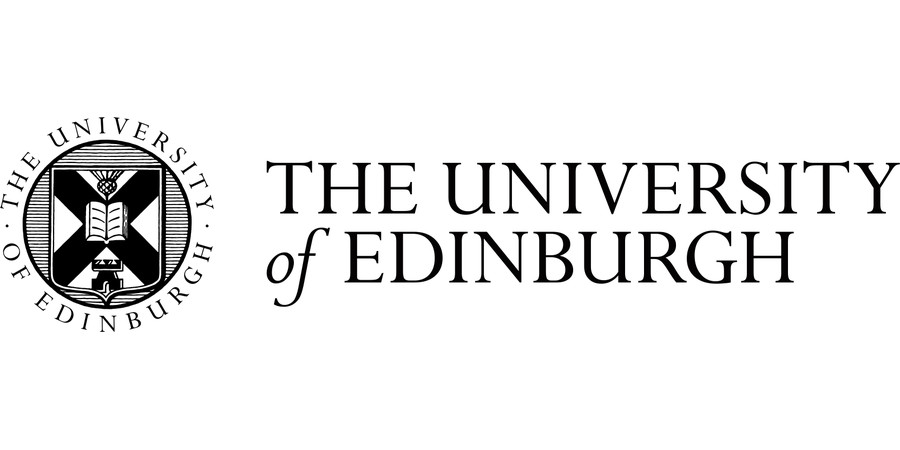PhD Studentship - EASTBIO - The Impact of Diet-microbiome-immune Interactions on Intestinal Function
The University of Edinburgh
| Qualification Type: | PhD |
|---|---|
| Location: | Edinburgh |
| Funding for: | UK Students, International Students |
| Funding amount: | £5,000 - please see advert |
| Hours: | Full Time |
| Placed On: | 26th November 2025 |
|---|---|
| Closes: | 15th December 2025 |
Deadline: Monday 15th December, 2025. Competition funded PhD Project.
Supervisors: Dr. Chengcan Yao (The University of Edinburgh), Dr. Laura Glendinning (The University of Edinburgh), Dr. Cecile Benezech (The University of Edinburgh)
About the project
Environmental factors and life style, such as diet, smoking, and exercise, significantly impact gut health, although the underlying mechanisms have yet to be fully elucidated. Diets, especially dietary fats, have long been known to influence the gut microbiota and, consequently, both gut resident and systemic immune responses. Metabolites of dietary fats, once digested by gut commensal bacteria, can either directly stimulate host cells or act as procurers for the generation of small molecular lipid mediators such as prostaglandins (PGs). PGs play critical physiological and pathological roles in both health and disease, for example, by mediating bone development, regulating immune cell function, and driving inflammatory responses such as fever and pain. Notably, PGs are crucial in maintaining gut epithelial homeostasis, possibly through modulating host cell function and the microbiota.
In this PhD project, we will investigate the effects of dietary fats on the modulation of intestinal health and their roles in systemic metabolic functions. The main objectives of the project include examining how dietary fats modulate the gut microbiota and intestinal immune function, the effects of the microbiota on fatty acid metabolism in intestinal cells, and the roles of fatty acid metabolites in modulating gut immune cell function. We will utilise cutting-edge immunological, pharmacological, genetic and systems biological approaches to examine the interactions among intestinal immune cells, epithelial cells and the gut microbiota in response to the consumption of dietary fatty acids. Techniques such as flow cytometry, single-cell RNA-seq, and in vitro cell culture systems will be applied for profiling intestinal immune cell and assessment of epithelial function. Microbial RNA sequencing will be used for profiling the gut microbiota and identifying functional bacterial pathways, which will be validated by manipulation (i.e. depletion and transplantation) of the microbiota. Fatty acid metabolism and PG production in immune cells will be examined through immuno-metabolic phenotyping and lipidomics. The impact of lipid mediators will also be examined using pharmacological reagents and gene-modified animals. Upon completion of this project, we expect to gain a comprehensive understanding of how dietary fatty acids interact with the gut microbiome and the host immune system, and how these interactions fundamentally regulate gut health.
biology.ed.ac.uk/eastbio/how-to-apply
UKRI-funded studentships are available globally, covering UK tuition fees, a living stipend, and an annual £5,000 research grant for the first three PhD years. EASTBIO DTP limits international students to 30%. Eligibility criteria are as per UKRI guidance.
Apply Now:
- Visit the EASTBIO Webpage to download necessary documents.
- Submit your completed application, EDI survey, and academic transcripts to CIR.Postgraduate@ed.ac.uk by the deadline.
- Ensure references are sent to the same email using the provided form.
EASTBIO will hold online Q&A sessions in November/December 2025. Check the EASTBIO How to Apply webpage for details. Incomplete applications will not be considered.
Advert information
Type / Role:
Subject Area(s):
Location(s):









